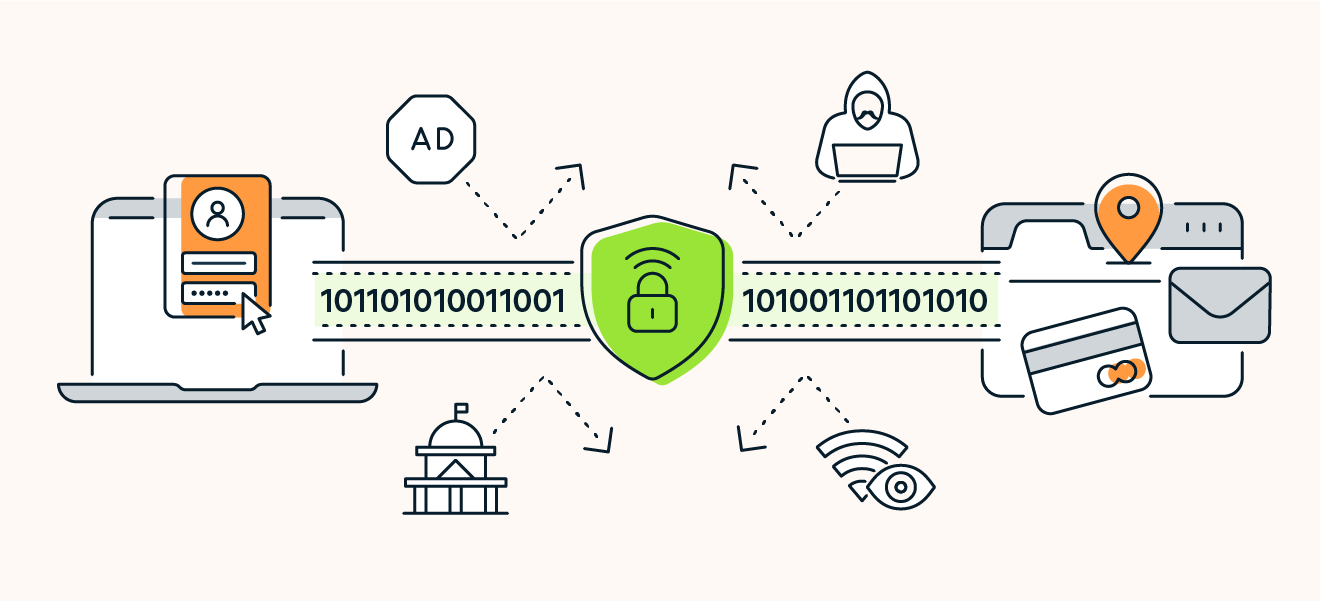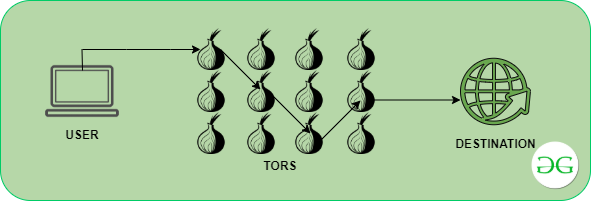Featured
Table of Contents
Is Tor Browser Safe To Use?
Among the essential differences in between Tor and a Virtual Private Network (VPN) is who controls the tool., which implies that they are centralized. If you use a VPN, you need to rely on that the VPN provider will honor its dedication to keep your information safe and secure and personal. On the other hand,.

Tor, on the other hand, is slower and less user-friendly. It's likewise a widely known truth that Tor has been utilized for not-so-ethical activities. A great deal of users access the dark web with Tor, which contains content that can be hazardous. While Tor provides a level of privacy,., so it might not be the best choice for data-heavy activities like streaming or torrenting.
Tor is not recommended for streaming as the connection is too sluggish. Yes, many VPNs are quickly enough for streaming.
Differences Between Tor Browser And Vpn
A lot of VPNs are easy to use and intuitive. Slow Quick speeds, however this will depend on the VPN service provider, the server you choose and your distance to it, and other factors. When you send out information through this tunnel, your IP address is replaced with the server's IP. This makes it appear as though you are accessing the internet from the location of the remote server instead of your actual location.
Just those that have the key to open this safe (which is you and the information's destination, like a site) can see your data. Thanks to contemporary encryption algorithms (or locks), it's near difficult to burglarize your data. For example, Express, VPN utilizes an encryption algorithm called AES 256-bit, which is the very same algorithm used by the federal government and military.
You will experience speed loss because your information needs to take a trip further to get to its destination and because the file encryption process takes some time. That said, this difference is hardly noticeable with a premium VPN, and it will not affect your speed as much as Tor does, as Tor isn't enhanced for speed as some VPNs are.
Tor Vs. Vpn - Which Online Privacy System Is Better? 2023
This is why you must try to find a VPN which provides an automatic kill switch, as it will detach you from the web in case your VPN software stops working. Each node secures your data before it is forwarded to the next server. When your traffic is received by the last server (called the exit node), it's decrypted and sent out to the website you're visiting.
The exceptions to this are the entry node, which can see your real IP, and the exit node, which opens your encrypted information. Spies can see your traffic once it leaves the network, but not where that information came from., including hackers and spies. Bad nodes generally collect information such as login details to websites, individual details, online chat messages, and e-mails.
To safeguard yourself from bad relays on Tor, I advise the following: over your connection. Never ever log into sites unless they use HTTPS. to secure your sensitive details and login details we'll discuss this in more detail below. For more information on this web browser and suggestions on how to remain safe while using it, take a look at our Tor newbie's guide.
Differences Between Tor Browser And Vpn
Numerous legitimate sites have "mirror sites" with a. onion subdomain for these functions. So that whistleblowers can submit files and information without jeopardizing their identity. Facebook has actually a. onion mirror website so that people in heavily-censored areas can utilize it to communicate. The Tor web browser or Android app, or Tails, the Tor operating system, or Onion Web Browser, the Tor i, OS app.
Since the web browser conceals your identity, Tor is frequently utilized to gain access to international material in nations with strict online censorship. The Tor network is really slow, which makes it less than perfect for streaming, torrenting, video gaming, or any other bandwidth-heavy activities. The exit nodes of Tor can be controlled by knowledgeable people to spy on other users, so it's not as safe as a premium VPN would be.
, as well as avoid your ISP and surveillance bodies from discovering the usage of Tor. This method needs more technical know-how because you'll require to configure your VPN client to work with Tor.
Tor Over Vpn: Is It Useful If You're Not A Whistleblower?

Tor's entry node can still see your real IP, your VPN will just see the exit node's address. Your ISP will not have the ability to see that you're connected to a VPN, but it can see that you're using Tor. Because you can choose which remote server your VPN uses,, too.
Your traffic is not encrypted when it leaves the Tor network, so. You require to conceal your use of Tor from your ISP and surveillance bodies.

You want to sites. Another solution is to integrate both and use Tor over VPN. Tor protects your personal privacy by routing traffic through numerous encryption layers and relays, but your information is vulnerable on the exit node. VPNs secure your web traffic end-to-end and reroute it through remote servers of your option while altering your IP address.
Using Tor Vs. Vpn For Anonymous Browsing
When you utilize Tor, your web traffic is encrypted and routed through numerous nodes, making it more difficult for your ISP to see what you're doing online. This can assist prevent ISP throttling based upon your online activities, such as streaming videos or downloading large files. , which suggests that some ISPs might still be able to identify and throttle Tor traffic.
We suggest Express, VPN the # 1 VPN out of over 350 service providers we've checked. It has military-grade encryption and personal privacy features that will ensure your digital security, plus it's currently providing 49% off.
Latest Posts
Business Vpn: What Is It And Which One Should You Consider?
What Is A Business Vpn? Understand Its Uses And ...
Business Vpn For Small & Enterprise Companies